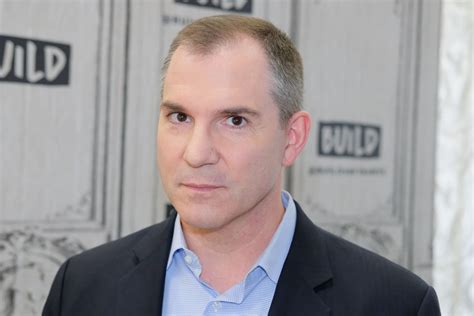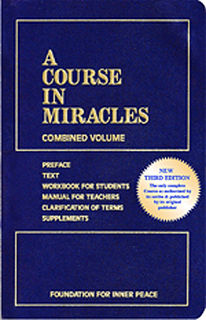A Quote by Amy Cuddy
Our nonverbals govern how other people think and feel about us.
Related Quotes
Even more dramatic, Alex Todorov at Princeton has shown us that judgments of political candidates' faces in just one second predict 70 percent of U.S. Senate and gubernatorial race outcomes, and even, let's go digital, emoticons used well in online negotiations can lead to you claim more value from that negotiation. If you use them poorly, bad idea. Right? So when we think of nonverbals, we think of how we judge others, how they judge us and what the outcomes are. We tend to forget, though, the other audience that's influenced by our nonverbals, and that's ourselves.
We have Americans who are voting for someone in whom they have confidence, about whom they have hope, because at after the election 2016 whoever wins is going to have to govern. And when you look at the tenor of this campaign, and when you look at the way people feel about these candidates and how partisan our country is for starters, how does the winner govern? I mean that's the real, real problem.
The way you will experience and feel about yourself is not determined by how other people look and feel about you. The way that you will experience and feel about yourself is actually determined by how YOU look at and think about THEM. Whatever we think about others is really like sending a message about ourselves to our self.
Being concerned about other people is especially relevant in today's world. If we consider the complex inter-connected ness of our modern lives, how we depend on others and others depend on us, our outlook will change. We’ll begin to see 'others' not as somehow distant from us, but as people we are in touch with, people close to us; we will no longer feel indifferent to them.
I'm supposed to be a christian, but most days I don't feel like I can even presume to say that about myself any longer. I have a lot of mad left over. When I can't sleep, I think about the other people who didn't care how much pain and trouble they caused me. And I think about how good I'd feel if they died.
The personal boundaries, I think for comedians they're a little bit different anyway, but I think people - feel free to do stuff - It's interesting with comedians because when we walk on stage, oftentimes we're talking about ourselves for an hour and we're talking about very intimate details, so after hearing us for an hour, a lot of people feel very comfortable with us because they feel like they know us and they're our friends because we just told them our innermost secrets and details of our lives for an hour. What they forget is we know absolutely nothing about the audience.
Just as love blinds us to imperfections in others, it magnifies those we see in ourselves. But if this is true, then the opposite must also be the case. We can take comfort in the fact that our faults will be invisible to those who love us. The success or failure of any relationship depends not just on how we feel about each other, but on how we make each other feel about ourselves.
These days, more than any other time, we are worried about our personal life, our private life. When we talk about our private life, it means our home, our body even. It seems that when we want to have calmness in this world, we make a wall around us. This gives us a very calm environment, and when we feel that somebody is intruding into that, it makes us very angry and we feel we have to do something about it.
What I feel I can do is help people become aware of how pervasive and extensive the arts are, how they affect each one of us in our daily lives—what kind of [buildings] we live in, what kind of clothes we wear, what we see with our eyes. We are often blind to the beautiful things around us. What I'm mostly concerned about is how often we're blind to our own talent. I think that within each human being there is a creative spirit, and some of us have been fortunate enough to have good teachers and parents who've brought this out and encouraged it, but others haven't.
This isn't animal experimentation, where you an imagine some proportionate good at the other end of the suffering. This is what we feel like eating. Tell me something: Why is taste, the crudest of our sense, exempted from the ethical rules that govern our other sense? If you stop and think about it, it's crazy. Why doesn't a horny person has as strong a claim to raping an animal as a hungry one does to killing and eating it?
It's funny. I'm attracted to things that don't have any impact on life. People say I've done a great thing for women. I don't think I have. People say I've given people courage. That makes me feel good, but I don't see how I do that. I think my running is a selfish thing. But it provides the challenge that allows me to feel good about myself. How can I expect to do well in other activities if I don't feel good about myself?




































